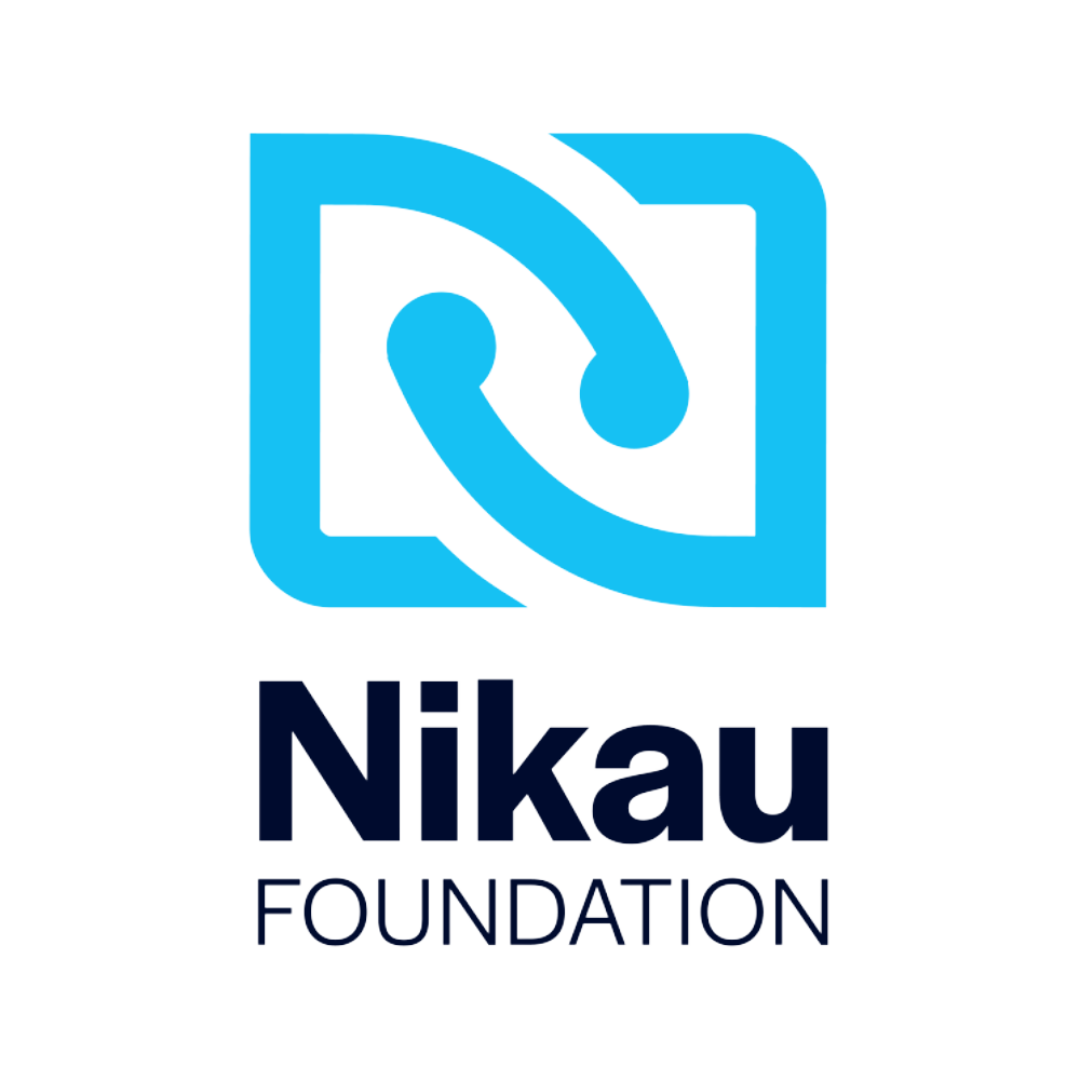Uplifting services to empower Wellington’s most vulnerable.
Mana-enhancing strategies to preserve dignity.
Wellington City Mission Social Supermarket. Image Credit: Tareq Branney
“We try to make everything as Mana-enhancing as possible,” says Fundraising General Manager, Bridget Child, during a tour of the Wellington City Mission's recently opened Social Supermarket.
Designed to provide City Mission visitors with the dignity of choice, the Social Supermarket operates much like a traditional one. Trolleys are picked up at the entrance, shelves are heavily laden ready to be browsed, and as you would in New World or Four Square, you check out as you leave. The only slightly unorthodox aspect is the payment method; shoppers “buy” with a specific points allocation.
"This brilliant facility removes the social stigma associated with coming upon hard times. A sense of normality is maintained for our visitors, which is incredibly empowering!” says Bridget.
Wellington City Missioner - Murray Edridge. Photo Credit: Tareq Branney.
Mana-enhancing services to uplift and empower.
This isn’t the only time we hear the term ‘mana-enhancing’ during our visit. In fact, this approach now underpins every service the City Mission delivers.
“It’s all about preserving dignity,” says City Missioner, Murray Edridge, “all visitors are treated as welcome and honoured guests, which enhances engagement in the services we offer."
This same ethos is evident in the City Mission's Community Lounge; a project driven by the COVID-19 lockdown. Instead of adhering to a more traditional drop-in model, the Community Lounge invites visitors to sit down, have a chat and relax, for a few minutes, a few hours, or if they want, the whole day.
"This wrap-around service offers many benefits – it helps to alleviate feelings of isolation that can come from experiencing tough times and offers opportunities for connection," says Murray.
A fluid service offering
Since 1904, the City Mission has been guided by and responsive to the changing needs of Wellington’s less fortunate. At the moment, the greatest perceived need is housing supply; to which the City Mission has responded with the construction of Whakamaru; an innovative new transitional housing facility.
With construction planned to commence in October 2021, this complex will include a community café and communal spaces and will be staffed 24 /7 to maximise opportunities for social connection and support for Wellington's most vulnerable. As Bridget says, "it's more than just a roof."
Wellington City Mission Sports Poverty Programme. Image Credit: Tareq Branney.
Innovative new programmes
It was this same responsive agility that drove the City Mission's programme to combat Sports Poverty. Murray says, "there are many contributing factors for exclusion from sports; the cost of sports equipment, club fees and transportation limitations mean that a lot of people can miss out." With help from funders such as Nikau Foundation, a Community Development role was established; a position which spearheaded the rollout of this initiative, ensuring that everyone has the chance to benefit from sports participation.
Nikau Foundation has had the pleasure of giving over $80,000 to support Wellington City Mission since 2010.
"Funding from organisations such as Nikau Foundation help the City Mission to deliver our aspirational vision every day. It is our goal to create a Wellington where the community learns how to care for itself, and Nikau Foundation is helping us do just that," says Murray.
To find out more about the Wellington City Mission's latest projects, click here.
Help us to create transformational change for our communities by donating to Nikau Foundation here.




